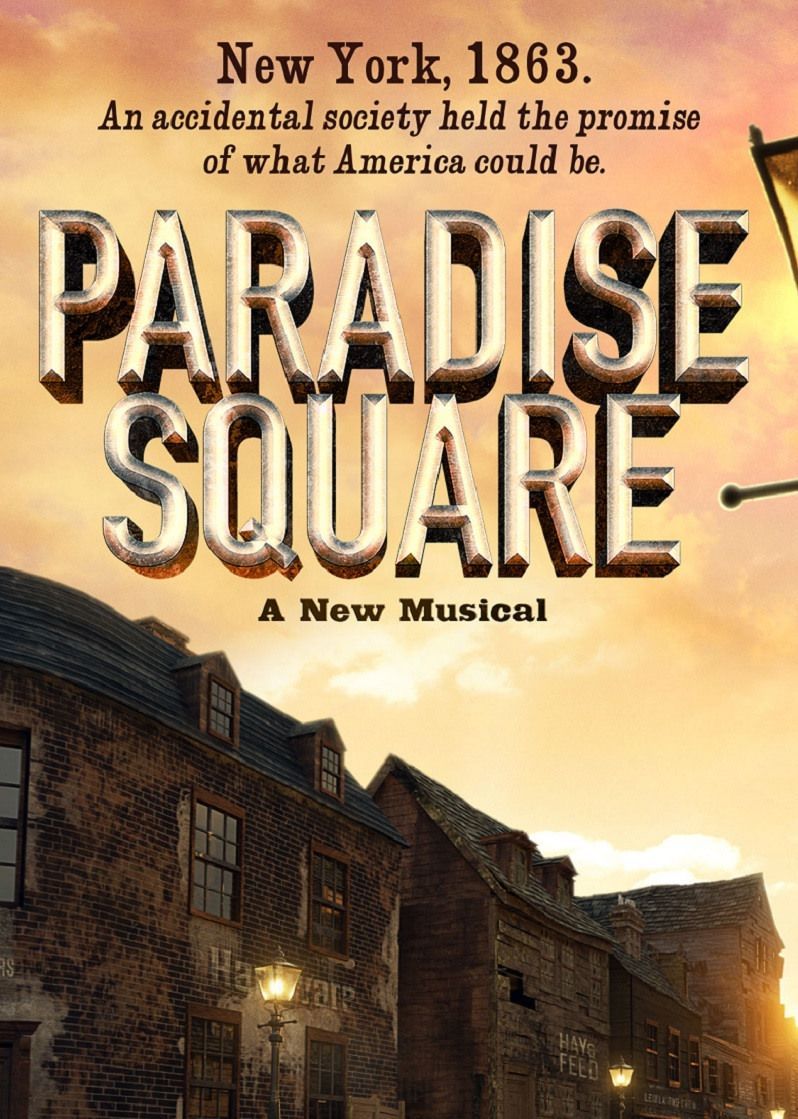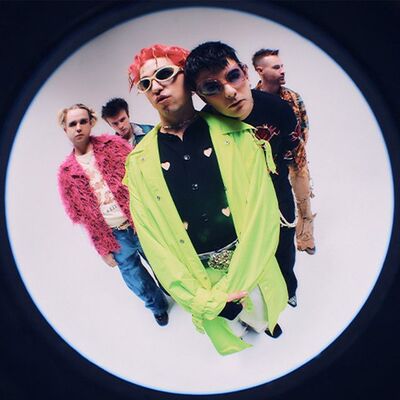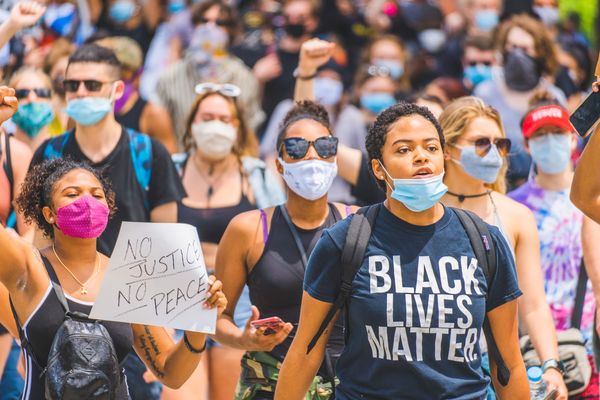About 20 minutes into the musical "Paradise Square" a piece of unscripted magic occurs on the dance floor of a bar in New York City’s Five Points.
The stage is throbbing to the steps of Irish immigrants and African Americans when the characters played by Garret Coleman of Hammerstep and the vivacious Chloe Davis come face to face.
They smile in recognition of each other’s talent and allure, before launching into a riveting dance-off.
Without a word being uttered we understand how amalgamation between Irish and African Americans became such a factor in mid-19th Century New York until it was swept away by the fury of the 1863 Draft Riots.
Another non-verbal revelation occurs when the two communities are being torn apart by the first Federal Army Draft that targeted immigrants, but purposely ignored African Americans.
Thank you to our audiences who have given us the warmest welcome at the Barrymore Theatre!
— Paradise Square Broadway (@ParadiseSquare) March 25, 2022
Opening night is closer than you think, & preview performances have been met with thunderous applause! Escape to #ParadiseSquare to experience it for yourself.
🎟️ https://t.co/VgDU91rhts pic.twitter.com/O9K6CTmE7x
At the height of an argument word arrives that a popular Irishman has lost his life while serving in Virginia with the Fighting 69th Regiment.
A silence descends on the bar, broken only by the sobs of the deceased’s African-American wife. Her people are grieved by the news, but an ineffable pain spreads across the faces of the Irish.
Every immigrant will recognize it: the sorrow you feel when you realize a friend will never see Ireland again, and will be laid to rest far from home.
"Paradise Square" embraces such unscripted moments, and this is a look at some of them from the intimacy of backstage.
I give much of the credit to an amazing cast, many of whom have put years of detailed work into building their characters.
The Barrymore Theatre.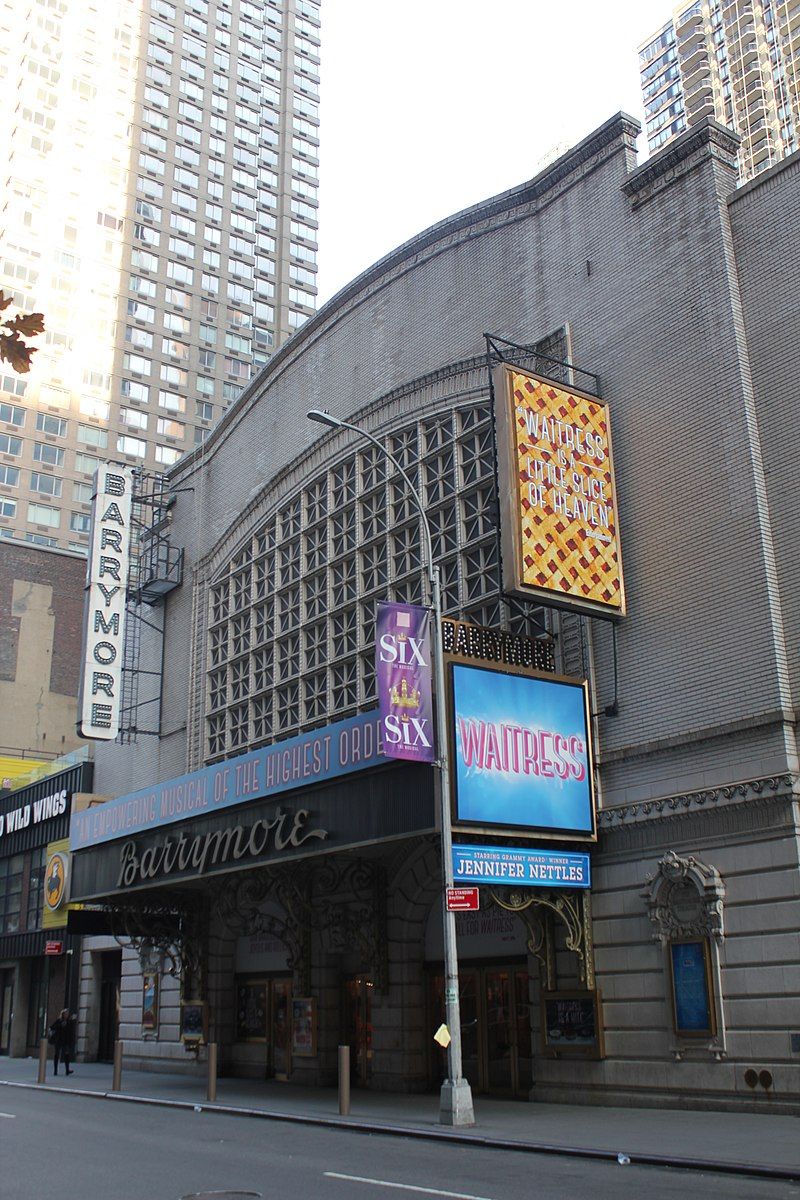
"Paradise Square" began back in 2012 as "Hard Times" at the Cell Theatre on 23rd Street, and morphed into a large-scale musical at workshops in Toronto, and productions in Berkeley and Chicago. This New York story has finally arrived home and can be seen in preview at The Barrymore on 47th Street before opening on April 3rd.
In the course of its odyssey many people gave so much to this project. And yet, the spine of the piece remains the same: that two brutalized peoples, Black and Irish, met in a downtown slum, and for a brief moment created a new idea of what America could be.
Little was written about them, for history has little interest in the poor; suffice it to say these interracial couples and their children were despised and given the name "amalgamationists" by the uptown establishment.
Charles Dickens in New York in the 1860s.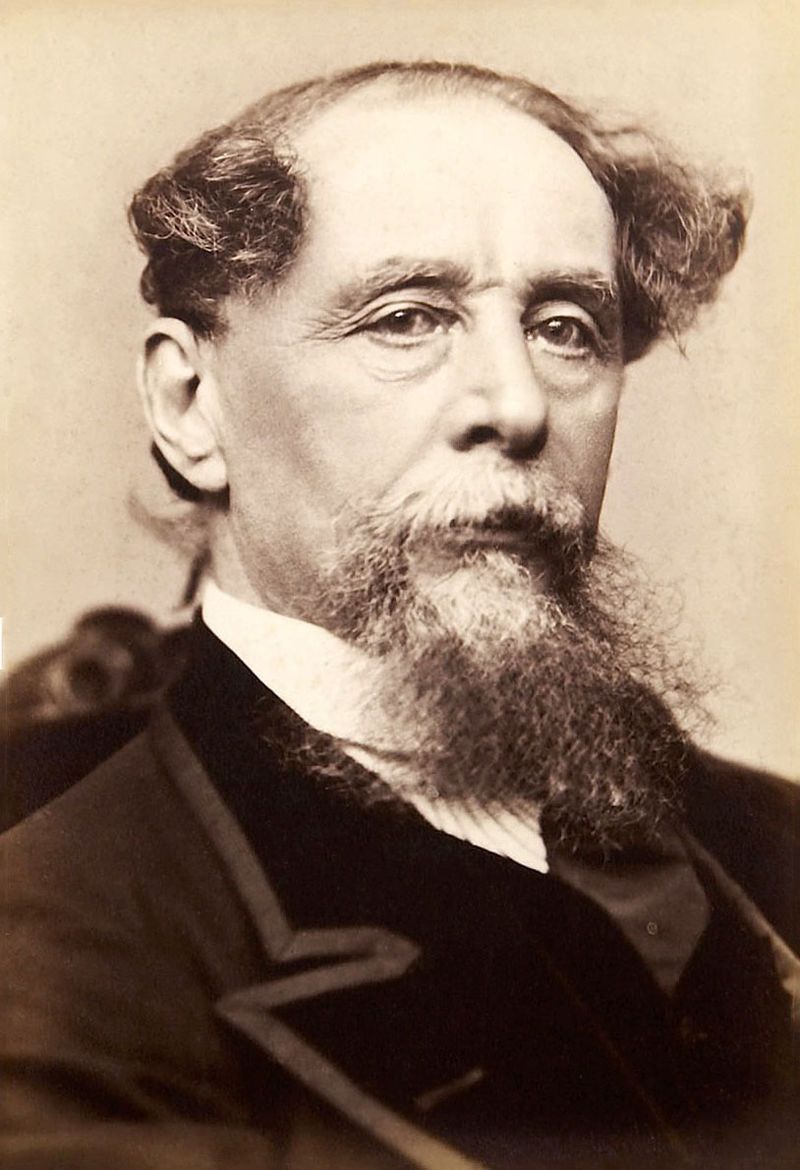
Even a social reformer like Charles Dickens was horrified - though he marveled at the steps and music they created in their raucous dancehalls, where American Tap Dancing emerged from the fiery competitions between African Juba and Irish step champions.
These are not the streets of the sepia-toned American dream beloved of Hollywood and television; both Black and Irish have trouble negotiating the ladder to acceptance in a racist and sectarian land.
Two women drive the action. African American Nelly O’Brien manages her saloon and awaits the return of her Irish husband from war; while her sister-in-law Annie covertly aids Rev. Samuel Lewis, her Black husband, in transporting escaped slaves to freedom in Canada.
Actors Joaquino Kalukango and Chilina Kennedy bring our heroines to life. Both are descended from immigrants, Angolan and Irish. They light up the stage with their talent, imagination, and humanity. And, oh, what voices!
#ParadiseSquare @ParadiseSquare #JoaquinaKalukango will be nominated for a #TonyAward & #BillTJones found the perfect way to mix Irish Dance & clogging w/stepping & tap in this story of Irish Immigrants & free Black people in New York. Joaquina got a standing ovation in ACT2 👏🏾 pic.twitter.com/SR0BU3B6ho
— Jerome Brooks Jr (@JeromeBrooksJr) March 26, 2022
"Paradise Square" opens a window to a brutal American past where slavery was a fact of life, and Irish immigrants were despised for their religion and their refusal to fit into a sectarian society.
These circumstances could have turned Nelly O’Brien and her feisty sister-in-law against each other, but the bonds of family hold them together.
In their unscripted moments this cast is often at their best, just like the Irish and African Americans must have been when confronting bigotry and discrimination in the Five Points.
The Draft Riots utterly changed their neighborhood, the inter-racial dance halls closed, and “everyone went back to their own.” Yet, 160 years later, we now have a Black mayor running New York city and an Irish-American governor presiding over New York State.
Our two communities have so much in common – music, dance, partying, a thirst for justice, and a love of family. Perhaps, the cast of "Paradise Square" can show us a way back together - in our own unscripted moments.

